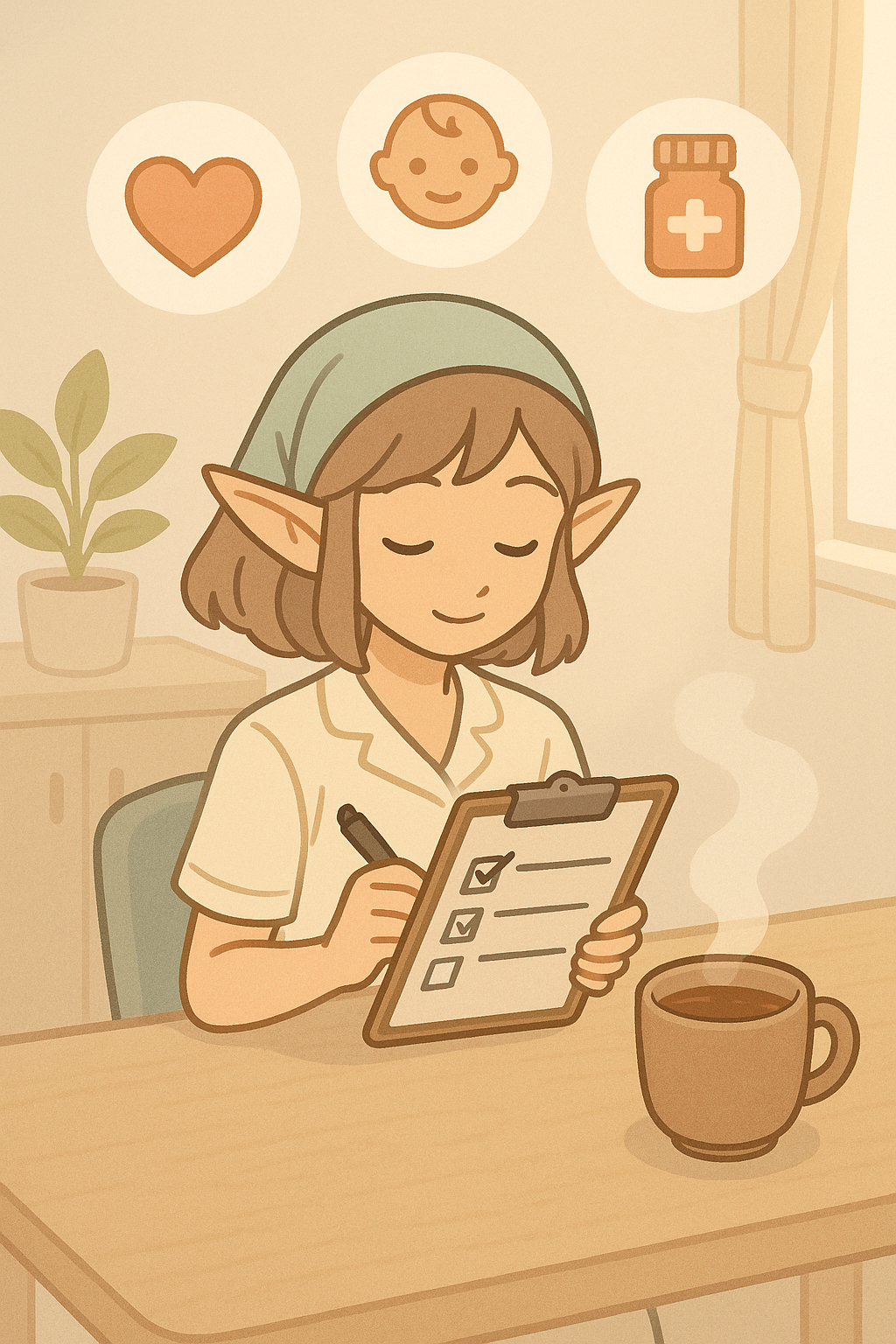
Hojicha Side Effects & Who Should Avoid It (Iron, Meds, Pregnancy)
Hojicha is a roasted Japanese green tea with a smooth, nutty flavor and naturally lower caffeine content than matcha or sencha. While it’s generally considered safe for most healthy adults, certain groups should approach it with caution. This guide examines potential side effects based on peer-reviewed evidence, helping you decide how and when to enjoy hojicha safely.
Tannins & Iron Absorption
Like other teas, hojicha contains tannins—polyphenolic compounds responsible for its astringency and part of its antioxidant profile. Tannins can bind to non-heme iron (the type found in plant foods) and reduce its absorption in the gut. This effect is most pronounced when tea is consumed with or shortly after meals.
- Who may be affected: People with iron deficiency anemia, menstruating individuals with heavy periods, vegans/vegetarians relying on plant-based iron sources, and children.
- How to reduce impact: Drink hojicha between meals, ideally 1–2 hours before or after iron-rich foods. Pair iron sources with vitamin C-rich foods (e.g., citrus, peppers) to counteract absorption inhibition.
One clinical review found that tea consumed with meals can reduce non-heme iron absorption by up to 60–70%, depending on tannin concentration and brewing strength1.
Caffeine Sensitivity
Hojicha is low in caffeine compared with other green teas, averaging around 7–10 mg per 8 oz cup when brewed from leaves, but individual sensitivity varies. Even small amounts of caffeine may cause symptoms in sensitive individuals, including:
- Insomnia or restless sleep
- Jitteriness or increased heart rate
- Gastrointestinal upset
Tip: If you are caffeine-sensitive, brew hojicha for shorter times (30–45 seconds) or opt for stem-heavy (“kuki hojicha”) varieties, which naturally have less caffeine.
Medication Interactions
Tea polyphenols, caffeine, and other bioactive compounds in hojicha can interact with certain medications:
- Iron supplements: Tannins can reduce absorption; take supplements at least 2 hours apart from tea.
- Blood thinners (e.g., warfarin): While hojicha has less vitamin K than matcha, regular large intakes of green tea can still influence clotting factors—monitor intake and consult your provider.
- Stimulant medications: Caffeine may enhance stimulant effects, potentially increasing heart rate or anxiety.
- Beta blockers and certain heart medications: Caffeine may reduce drug efficacy in some cases—individualize with medical advice.
According to pharmacokinetic studies, tea polyphenols can also affect the absorption of certain drugs by influencing intestinal transporters, though data is more established for green and black teas broadly than for hojicha specifically2.
Pregnancy & Breastfeeding Notes
Because hojicha contains caffeine, pregnant and breastfeeding individuals should moderate intake. Most public health guidelines recommend limiting total caffeine from all sources to 200–300 mg per day during pregnancy.
- An 8 oz cup of hojicha may contain ~7–10 mg caffeine (leaves) or ~20–25 mg (powder for lattes).
- While this is significantly less than coffee or matcha, it still counts toward daily caffeine limits.
- Polyphenols in high amounts during late pregnancy have been associated in some studies with potential effects on fetal growth—though evidence is not conclusive.
For breastfeeding, caffeine passes into breast milk in small amounts. Sensitive infants may experience irritability or sleep disturbance. Monitor your baby’s response and adjust accordingly.
Safe Daily Servings
For most healthy adults, 2–4 cups of hojicha brewed from leaves per day is considered moderate and safe. For hojicha powder (used in lattes), limit to 1–2 servings daily if also consuming other caffeine sources.
- Iron deficiency risk: Space tea consumption away from meals.
- Caffeine sensitivity: Start with small amounts and monitor symptoms.
- During pregnancy: Include hojicha in your total caffeine tally.
Always factor in caffeine from coffee, chocolate, soft drinks, and medications.
Key Takeaways
- Hojicha is low-caffeine and generally well-tolerated but can reduce plant-based iron absorption if consumed with meals.
- Medication interactions are possible—especially with iron supplements, blood thinners, and stimulants.
- Pregnant and breastfeeding individuals should monitor caffeine intake and timing.
- Spacing tea away from meals and moderating total daily intake minimizes risks.
References
- Disler PB, Lynch SR, Charlton RW, et al. The effect of tea on iron absorption. Gut. 1975;16(3):193-200. doi:10.1136/gut.16.3.193
- Yang CS, Chen L, Lee MJ, Balentine D, Kuo MC, Schantz SP. Blood and urine levels of tea catechins after ingestion of different amounts of green tea by human volunteers. Cancer Epidemiol Biomarkers Prev. 1998;7(4):351-354.